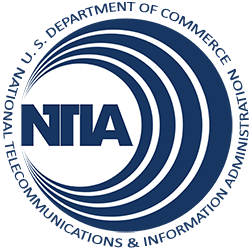City of Boston
The City of Boston’s Department of Information Technology proposes a partnership with city nonprofit foundations and agencies to increase broadband adoption in low-income areas. The project proposes to focus on public middle and high school students and their families, senior housing residents, and the unemployed by making subsidized computer equipment and training available to increase broadband adoption. The project intends to implement three broadband-adoption programs: (1) Technology Goes Home, a school-based family computer distribution and education program that will provide 15 hours of digital literacy training to students and their families across 52 public middle and high schools; (2) Connected Living, a computer education program tailored toward seniors living in public housing developments including specialized content, group classes, and peer training; (3) Online Learning Readiness, an intensive 12-week, 240-hour digital workforce skills training program for unemployed residents.
